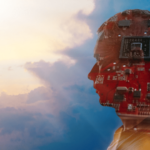Duncan Keith, a seasoned hockey player, travels upstairs every morning for 45 minutes to his “lab,” where he has “a bunch of minor stuff that he does to keep healthy.”
According to a New York Times article published this week, this involves dousing himself with infrared light, laying for eight minutes on a mat with “electromagnetic currents,” and ingesting glutathione and vitamin C supplements, as well as liquid herbs like ashwagandha.
“Sometimes at night, I’ll sleep with a hydrogen inhaler,” Keith added. “I’m a biohacker and a part-time hockey player. It’s basically better living with the help of science.”
In today’s world, biohackers are commonplace. Over the past decade, the biohacker ethos has become popular in pop culture as a seemingly earnest attempt to apply it to biology. Most of the pioneers were healthy, wealthy-ish men who believed they could achieve anything with shortcuts, including themselves. In the years since, it has evolved from radical personal experiments to TED stages to everyday lifestyle products like coffee and tea.
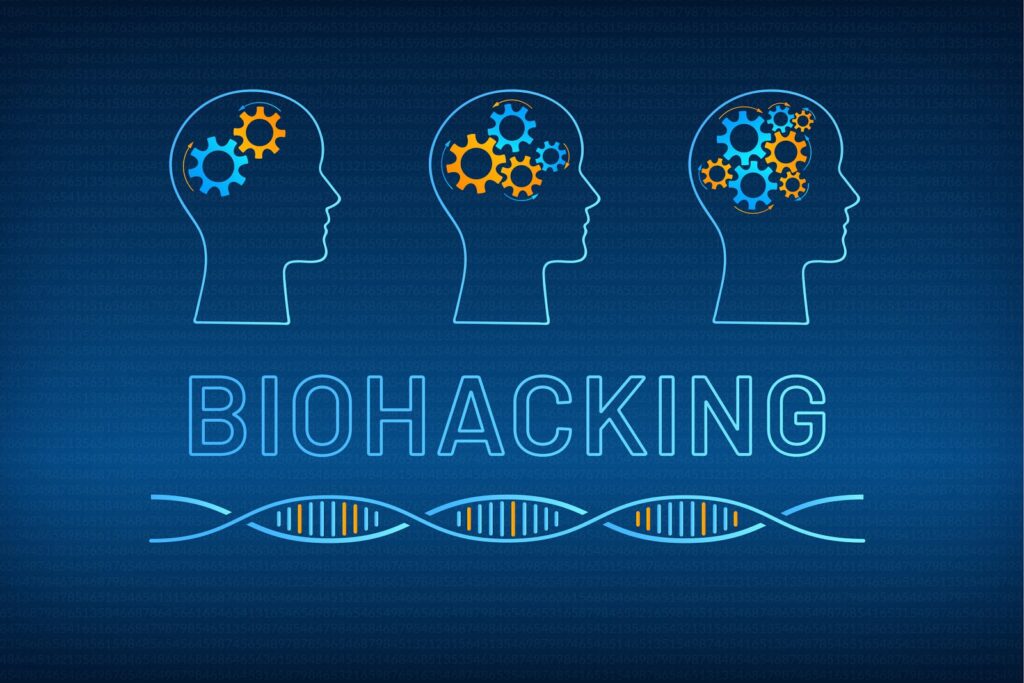
Depending on which forums you visit, biohacking can entail anything from obtaining “raw water” to hanging upside down in order to “hack your brain” by increasing blood flow (please note: If your brain isn’t getting enough blood, you may be having a stroke) to obsessively tracking everything that enters and leaves your body with a level of obsessiveness that could be considered pathological in many cases.
Biohacking, like many other trendy phrases, has found its way into commercial operations. Soylent, the “meal-replacement” liquid that has been dubbed “Ensure for Millennials,” has been hailed as a bio-hack. Biohacking has become a catchphrase for selling unregulated “dietary supplements” and repackaging existing products like coffee with butter. People have been adding cream to coffee since the dawn of time, but the new version is more expensive and claims to hack your brain once more.
Biohackers mainly sell untested (or “worked for me!”) health advice that they claim upsets science, like any fad that tries to sell shortcuts to biology or any approach in life that claims to shortcut hard work. At best, these things will waste your time and money.
When the world outside may seem uncontrollable, it is helpful to take control of our own physiology. Here are some of Keith’s favorite biohacks that will provide those same benefits along with actual biological benefits. These are all-natural, unlike the biohacks others sell. They are called NATURAL BIOHACKS-and he insists on capitalization here.
They are all extremely potent so there is no particular order in which they appear. In order to feel fully self-optimized, you must master them all. If you find that you still need to learn other forms of self-optimization, good luck. No one we know has ever done that.
1. Sleep
You can prevent pretty much every disease by sleeping (what do you mean by brain cleansing?). The immune system can be weakened by a lack of sleep, which includes infectious diseases. People tend to brag about not getting enough sleep and not doing it enough, despite the fact that it is neither difficult nor costly to sleep.
You should have no problem selling sleep. During this deep meditation, you explore your subconscious, and your dense brain and neurons cleanse themselves of metabolic by-products (“toxins”). Consider saying, “I’m going to biohack my brain.” followed by running out of the room if the pro-work, anti-sleep culture makes you feel self-conscious about, say, leaving a party to go home and sleep.

The key to sleep is to let your brain cool off during the last hour of the day with activities that are not associated with work. There’s no right or wrong way to refer to this. He calls it the Amazing Hour. In addition to its basic steps, mastering this biohack means that no phones should be used in bed, no caffeine or amphetamines should be consumed before bed, and no alcohol should be consumed before bed. Make sure your sleep schedule is somewhat regular, and keep your bedroom dark-or if you must, wear an eye mask.
2. Nature time
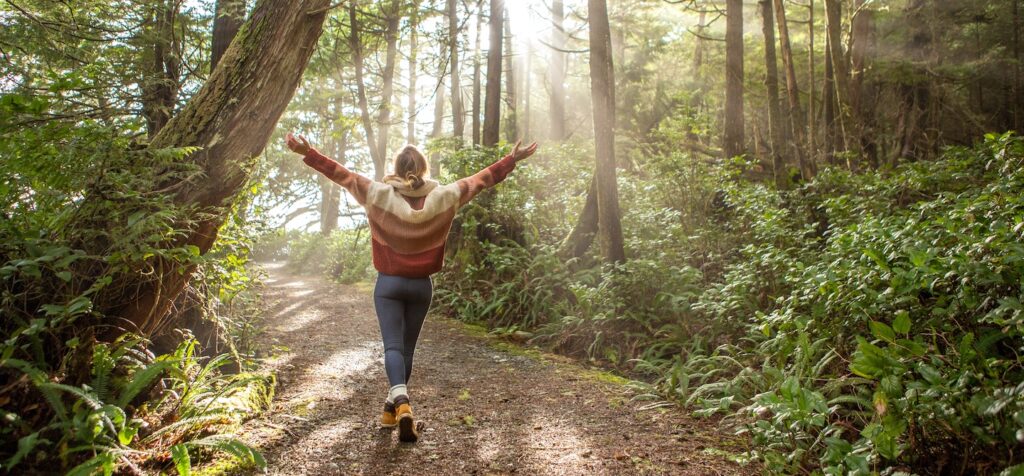
While there are still a lot of open questions in regards to how natural environments affect our thinking, the concept is a no-brainer for most people. Researchers have found that time spent in nature may reduce brooding and increase healing after surgery, among other benefits. In wealthy countries, however, people are spending more and more time indoors. A doctor could prescribe you a prescription for park time if you are experiencing this problem. You could also try ecotherapy.
3. Keep your body moving

Consider what suits you-what you enjoy and what you can do within the limitations of your time and physical dominion. Do not worry about following the latest trend or belonging to the most expensive gym with the nicest soap or breaking a sweat every single time. You are doing the right thing if you are moving. Whenever possible, move around.
4. It’s important to eat well
A person’s taste and culture, as well as their metabolism, determine what constitutes good, and there is much debate regarding this among people who impose one method of eating on everyone. Nutritious things are available to humans in many flavors, and people who eat minimally processed, plant-based food tend to lead long, healthy lives. If they prescribe a one-size-fits-all or avoidance diet, they are probably marketing a supplement or calling it a biohack.

There are also several bonus tricks to eating healthfully: eating socially, cooking and eating slowly, and using an environmentally conscious perspective—to eat locally and sustainably, appreciating all of the water, energy, and labor that go into each bite.
Food can be a way for us to work mindfulness, mindfulness, or gratitude into our daily lives. Foods are often measured for their nutritional value and taste, but the opportunity to solidify the sense of place that comes from eating is the ultimate food hack.
5. Sense of purpose
There is no such thing as a biohack for happiness. Pursuing a purpose is important.

Having a sense of purpose in life tends to make people happy, so there is a subtle difference. Primarily, what matters is the purpose. You will likely find the most expedient route to the strongest rush of dopamine in your mid-brain if you chase happiness itself. Substances and screens are often the source of those. Addictions can result from these hits, no longer providing happiness. Pursuing purpose inverts the order: You take up a task that does not initially benefit you, but the neurotransmitters will pay off in the long run.
6. Connection to people and probably dogs
Our time here on Earth is filled with relationships formed by humans, whether we like it or not. There will be material relationships if those things don’t have beating hearts, such as substances or screens. The results of our study reveal that, despite the effort required to build bonds with people and animals, these relationships affect our biology in ways vital to our health and survival. Heart disease, arthritis, type 2 diabetes, dementia, suicide, and social isolation are all linked to social isolation. Individuals who are isolated are less likely to groom themselves, cook, and do even the most basic biohacks that constitute “life.”
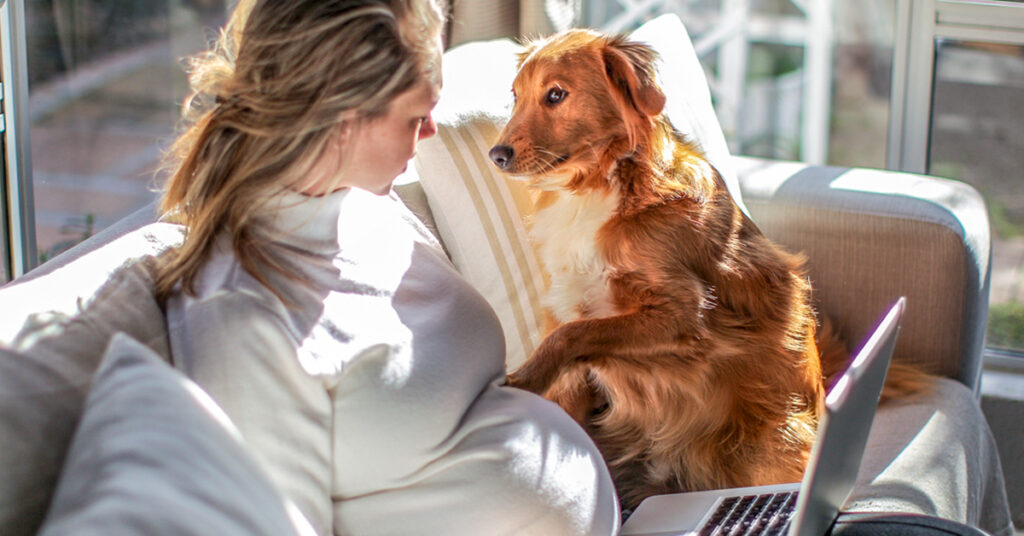
That’s biohacking, even if you’re rejected. Since they involve months or even years of existential darkness, they’re not in my top seven biohacks, but you often come out better and smarter. Humans have proven willing to risk their lives in pursuit of true connection throughout history, and the depth of that feeling might be the strongest proof of its biological necessity.
7. Moderately wealthy
The best biohack is this. Those who live in moderate wealth live longer than those who are constantly concerned about money and living in poverty, such as people who do not have enough food or cannot take a day off from work when the mayor calls for a snow day.
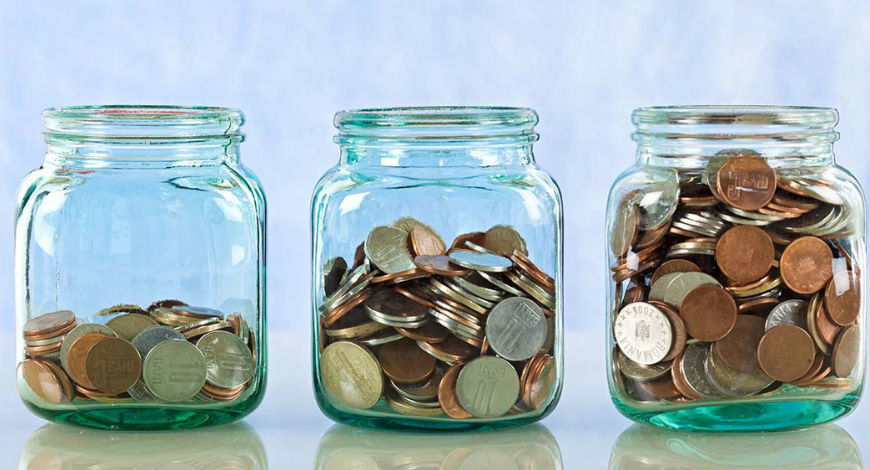
Around the world and throughout history, wealth has been one of the greatest predictors of health. Having two jobs, living in a dangerous neighborhood, or living in an area with intense pollution, or not having regular access to lead-free water, or living in a place that is too hot in the winter or too cold during heat waves puts you at greater risk of suffering. Do not underestimate the importance of having money. Moreover, it shouldn’t interfere with your sense of purpose and connection with others, your moral decency, or, of course, your sleep and eating habits.
All of that is a lot.
As a result, being born into wealth is ideal if at all possible. There is a point, however, when you become so wealthy you do not have to work, and so life’s purpose becomes harder to find. This is also true of human connection, because everyone wants something from you. Rappers’ albums typically contain lyrics after they’ve broken through. See also Warren Buffet’s statement from 1986: “I want my children to feel that they could do anything, but not so much that they couldn’t do anything.”
To begin Monopoly, you either obtain too much money or select the Park Place and Boardwalk hotels. You don’t just ruin the game for others with whom you’re playing, but you also lose any enjoyment from it. The same goes for taking short cuts across the board. Life can be biohacked.

